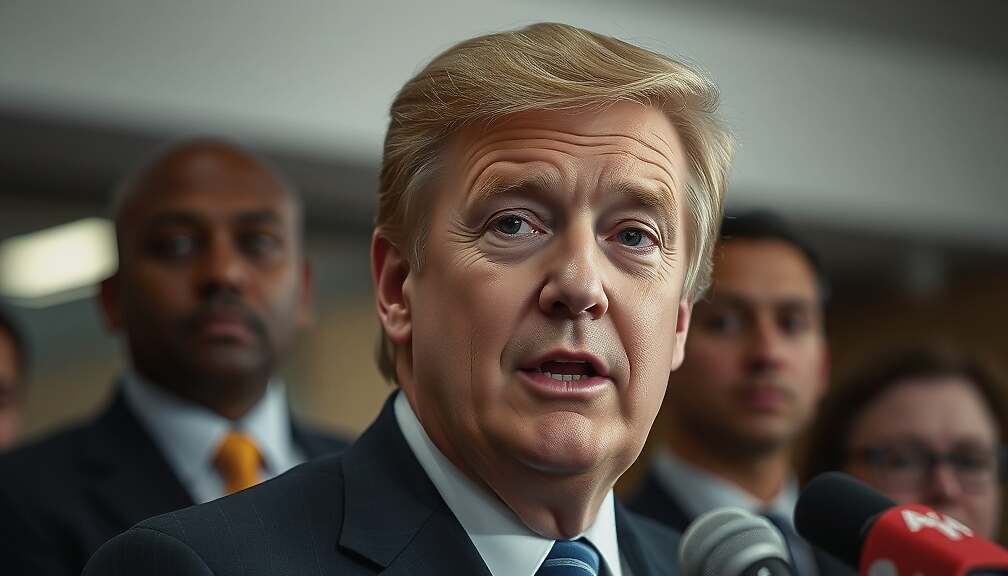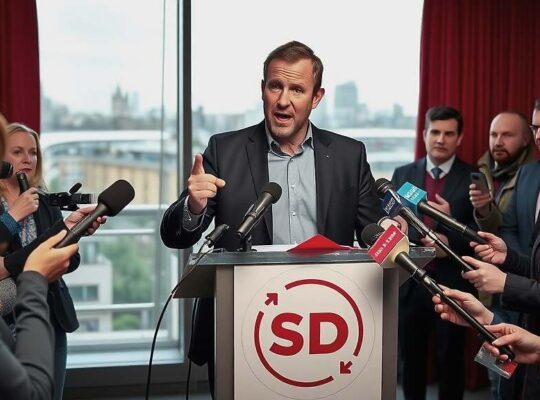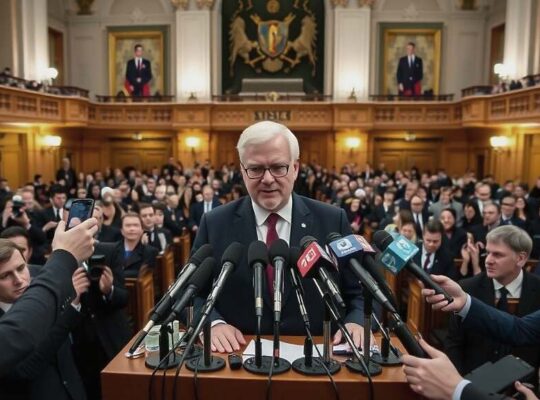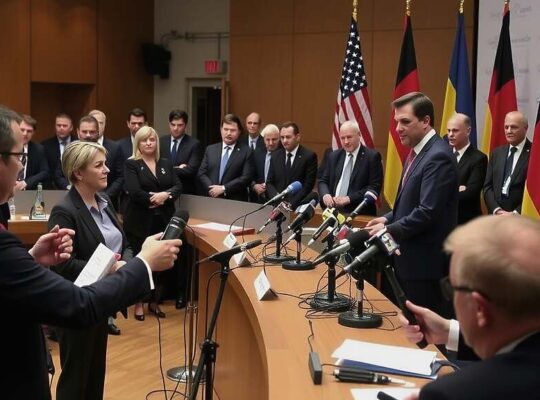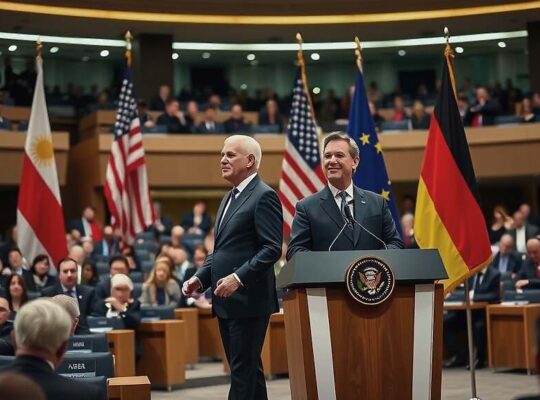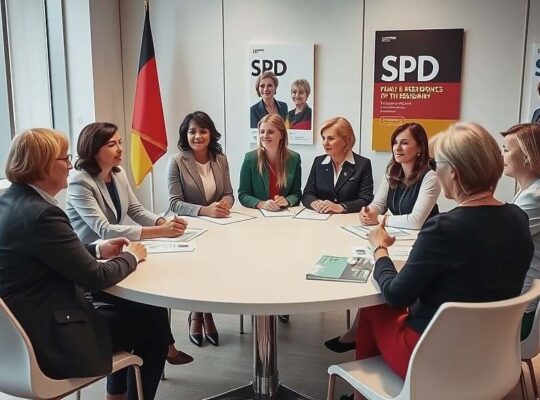Concerns are mounting within the German Social Democratic Party (SPD) regarding the recent agreement reached between the European Union and the United States to resolve trade disputes. Several prominent SPD figures are voicing apprehensions about the potential impact on key European industries.
Achim Post, Deputy SPD Leader and Chairman of the party in North Rhine-Westphalia, has warned against a “policy at the expense of our key industries” characterizing it as “toxic”. He cautioned that maintaining 50% tariffs on steel and aluminum would place a significant burden on domestic European industry.
Esra Limbacher, SPD General Secretary from Saarland, has criticized European Commission President Ursula von der Leyen, alleging the agreement represents a “deal on the back of the steel industry”. Post and Limbacher are jointly urging the German government to convene a summit focused on the steel sector.
Sebastian Roloff, the SPD’s spokesperson for economic policy in the Bundestag, expressed concern over the European Union’s perceived weakened position within international trade. While acknowledging that the agreement represents a relative improvement over previously threatened tariffs, Roloff deemed the current state of negotiations with the U.S., particularly in steel and pharmaceuticals, “difficult to digest” and emphasized the need for further revisions.
The agreement, which includes adjustments to auto tariffs, has also drawn scrutiny from Hildegard Müller, President of the German Association of the Automotive Industry (VDA). While recognizing the deal as a “positive change” from the current situation, Müller cautioned against potentially serious consequences for the competitiveness of European industry. German automakers have already been subject to significantly higher tariffs of 27.5% since April.
Müller highlighted concerns regarding the impact on investment and consumer prices, noting that the deal will place substantial financial pressure on the European economy. She specifically cited the timing of the agreement as problematic, coming during a period of significant transformation for the automotive sector as it transitions towards climate neutrality and digital mobility. The potential for job losses and burden on export businesses was also emphasized. Müller also pointed out that U.S. consumers will ultimately bear the cost through inflated prices.
Müller has urged for reforms to strengthen Europe’s competitiveness, arguing that the EU must prioritize its own internal issues. Opening the EU market to US vehicles has generated a mixed response, with Müller noting that two thirds of vehicles imported to Germany are produced by German companies – mitigating but not offsetting the overall impact.
Beyond direct tariff implications, the possibility of production shifting to the United States has emerged as a symptom of deeper structural challenges. According to Müller, high energy costs, elevated labor costs, taxes, regulations and other factors contribute to the EU’s relative lack of competitiveness. She framed tariffs as only “the tip of the iceberg”.


